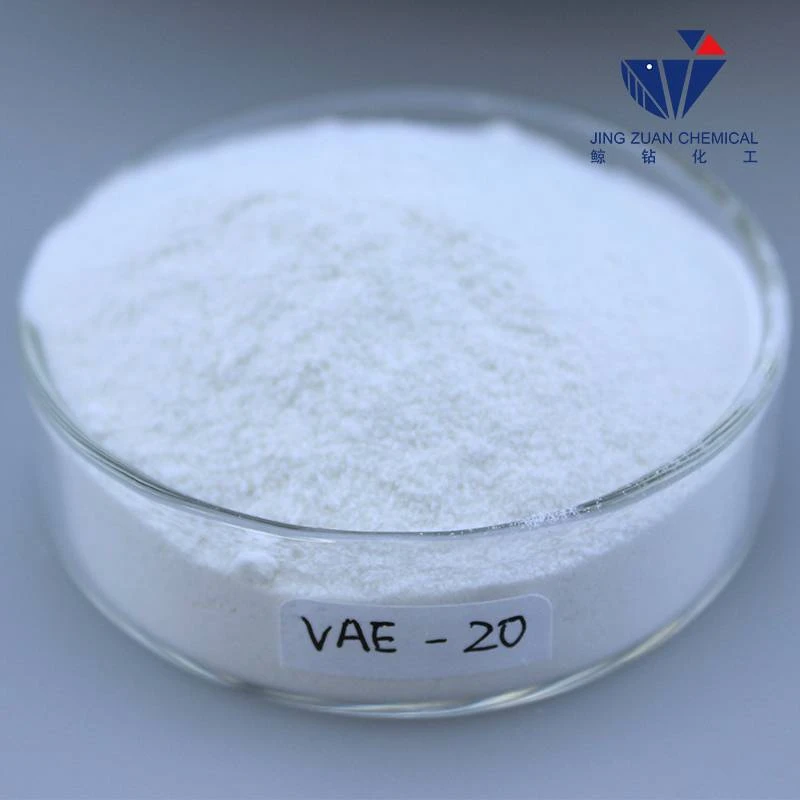
Dec . 14, 2024 09:03 Back to list
Applications and Benefits of Hydroxyethyl Cellulose in Various Industries
The Versatile Applications of Hydroxyethyl Cellulose
Hydroxyethyl cellulose (HEC) is a non-ionic, water-soluble polymer derived from cellulose, a natural polymer abundantly found in plants. Due to its unique properties, HEC has gained significant traction in various industries, including pharmaceuticals, cosmetics, construction, and food processing. This article explores the diverse applications of hydroxyethyl cellulose and its importance in modern formulations.
1. Pharmaceutical Applications
In the pharmaceutical sector, HEC is extensively utilized as a thickening agent, binding agent, and film-forming agent. Its ability to dissolve in cold water makes it an excellent choice for formulating gels and suspensions. For instance, HEC is often used in topical formulations, such as creams and gels, to achieve the desired viscosity and stability. Additionally, it serves as an excipient in solid dosage forms like tablets, improving the uniformity and release profile of the active ingredients.
HEC is also beneficial in controlled-release formulations. By modulating the viscosity and flow properties of the drug formulation, it can help regulate the release rate of medication, ensuring a steady delivery of the active ingredient over a prolonged period. This is particularly valuable for medications that require precise dosage delivery, enhancing patient compliance and therapeutic efficacy.
2. Cosmetic and Personal Care Products
The cosmetics industry benefits immensely from hydroxyethyl cellulose due to its thickening, stabilizing, and emulsifying properties. HEC is commonly found in shampoos, conditioners, lotions, and creams, where it contributes to the desired texture and viscosity. Its ability to retain moisture makes it a popular ingredient in moisturizing products, helping to enhance skin hydration and overall appearance.
Moreover, HEC is often used in formulations requiring transparency and clarity, such as clear gels and serums. Its versatility allows formulators to create a wide range of products that cater to diverse consumer preferences, making HEC an essential component in modern cosmetic formulations.
hydroxyethyl cellulose uses

3. Construction and Building Materials
The construction industry recognizes hydroxyethyl cellulose as an effective additive in cementitious materials, such as mortars and adhesives. Its water retention properties improve workability, allowing for better adhesion and reducing the risk of cracking during the curing process. HEC also enhances the thixotropic behavior of grout and tile adhesives, enabling easier application without sagging or slumping.
In addition, HEC helps improve the longevity and durability of construction materials by preventing excessive water loss, which is crucial for achieving optimal strength and performance. The use of hydroxyethyl cellulose in construction not only enhances product quality but also contributes to sustainability by enabling the use of lower amounts of water.
4. Food Industry Applications
In the food sector, hydroxyethyl cellulose serves as a thickening agent, stabilizer, and emulsifier. It is commonly used in sauces, dressings, and dairy products to achieve the desired texture and prevent separation. HEC's ability to form gels allows it to be employed in low-fat and reduced-calorie food formulations, where it helps simulate the mouthfeel of fat without sacrificing taste.
Additionally, HEC's non-toxic, food-grade classification makes it a safe choice for food applications. Its versatility allows food manufacturers to innovate and develop new products that meet consumer demands for health and wellness.
Conclusion
The multifunctional nature of hydroxyethyl cellulose makes it an invaluable ingredient across various industries. From enhancing the stability and efficacy of pharmaceutical products to improving the texture of cosmetics and food items, HEC plays a crucial role in modern formulations. As consumers increasingly seek innovative and high-quality products, the demand for hydroxyethyl cellulose is likely to grow, leading to further exploration of its potential applications. Researchers and formulators continue to discover new possibilities for HEC, solidifying its position as a key player in a range of industries. Whether in health, beauty, or everyday products, hydroxyethyl cellulose proves to be a versatile and essential ingredient in today's marketplace.
-
Versatile Hpmc Uses in Different Industries
NewsJun.19,2025
-
Redispersible Powder's Role in Enhancing Durability of Construction Products
NewsJun.19,2025
-
Hydroxyethyl Cellulose Applications Driving Green Industrial Processes
NewsJun.19,2025
-
Exploring Different Redispersible Polymer Powder
NewsJun.19,2025
-
Choosing the Right Mortar Bonding Agent
NewsJun.19,2025
-
Applications and Significance of China Hpmc in Modern Industries
NewsJun.19,2025







